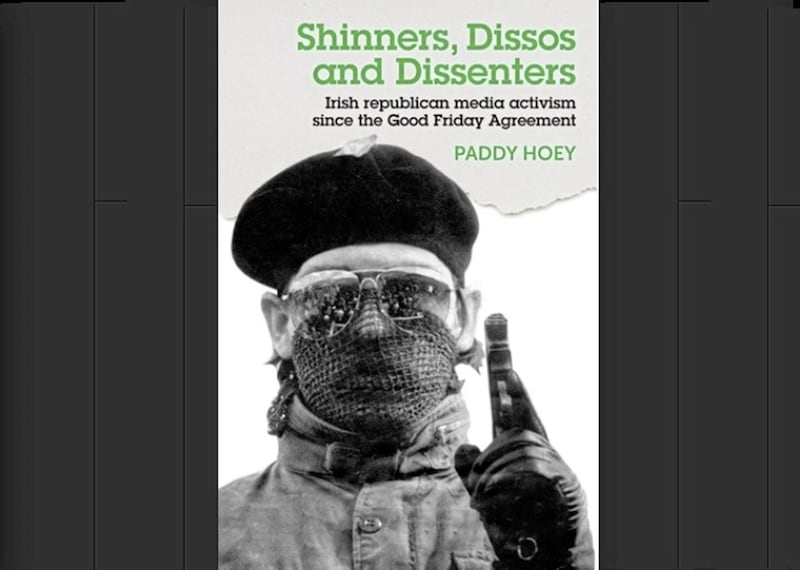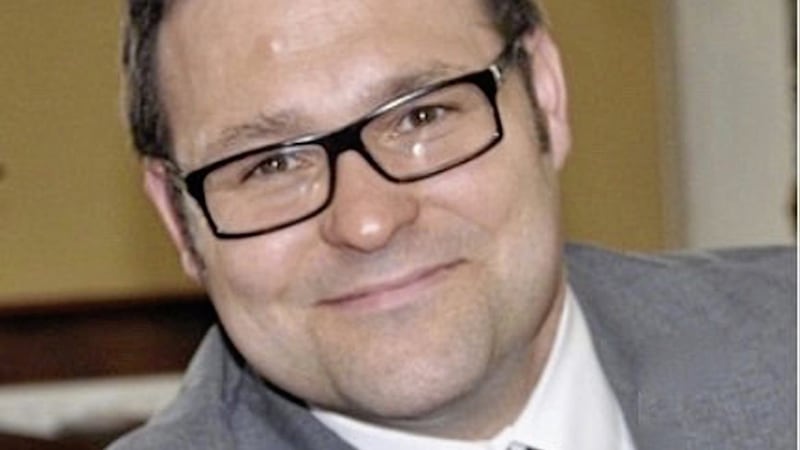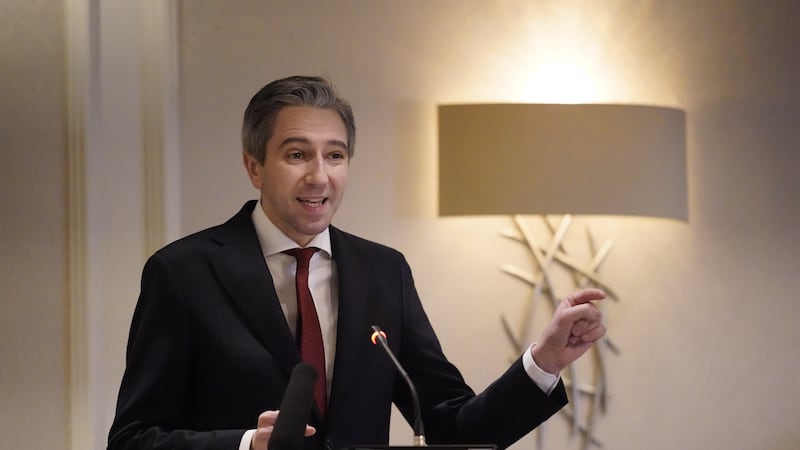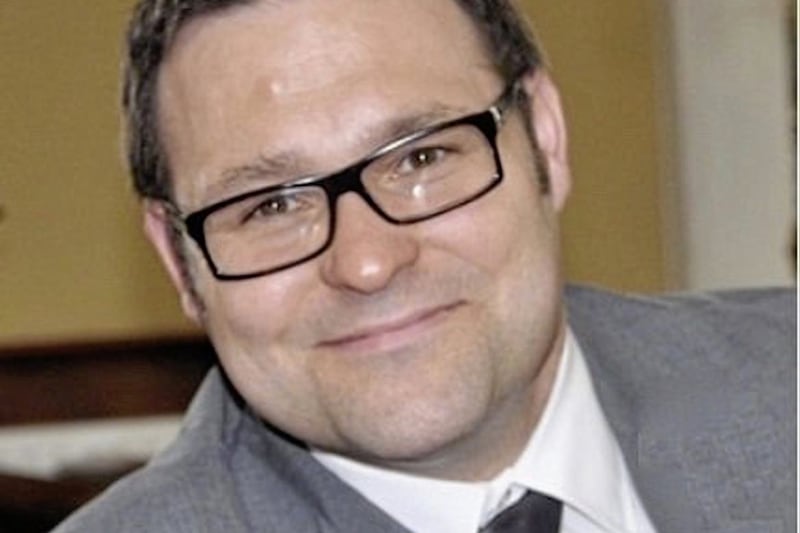The author of a book examining the role republican media activism over the past 20 years tells Political Correspondent John Manley how the broader political discourse would benefit greatly from confronting some uncomfortable truths...
As a teenager growing up in Craigavon, Paddy Hoey began a long-standing interest in what he terms "alternative forms of journalism", like music and football fanzines. He left Northern Ireland more than two decades ago but still keeps a very close eye on political developments in the region.
In his recently published book 'Shinners, Dissos and Dissenters' these two passions are fused together as the Edge Hill University media lecturer explores the development of Irish republican media activism since the Good Friday Agreement.
While essentially an academic work, the book is nonetheless very accessible, covering an important era in both the development of new media and fresh post-conflict thinking within republicanism.
"In the period covered by the book what you saw was the internal interrogation of what republicanism meant post-New Labour and under the reform of the Sinn Féin project," he says.
"Some key tenets, like national liberation and use of violence, where dropped and issues like class and secular politics became more important."

He regards the writing and platforms that emerged during the post-1998 period as part of a long tradition of republican self-publishing or "200 years of unbroken political communication off the mainstream radar" that can be traced back to the revolutionary writing of Henry Joy McCracken.
"The fact that historically republicans have always been marginalised has meant that they've had to engage in this kind of counter-cultural writing, whereas wider unionism, and to a lesser extent nationalism, has always been afforded a place in the mainstream," he says.
Hoey believes the contrasting ways in which ideologies are internally scrutinised is manifested in how political parties respond to changing circumstances.
While conceding that he's "no expert on unionism", he argues that historically debate within unionism was conducted through establishment organs and by establishment organisations.
"In these circumstances you don't see a lot of grassroots, progressive politics emerging, and when you've no need for self-scrutiny, you tend not to have the same degree of self-evaluation, therefore when it comes to making big political decisions or compromises, they are all the more difficult,” he says.
"Whereas Sinn Féin has been able to chart the waters of compromise reasonably easily because the political culture it comes from means many changes have been previously signposted and debated through many different media."
And while loyalism and republicanism are often portrayed simplistically as polar opposites, Hoey reckons they are very different, the former displaying little appetite for self-scrutiny and internal debate.
"Loyalists don’t have a corresponding space where they can interrogate issues of class and the economic problems that affect loyalist communities,” he says.
“They are bounded by issues of sovereignty and Britishness which keep them tied to the same kind of political direction. They unquestionably defer much of their ideological outlook to mainstream unionist parties.”
The book's account of how magazines, and latterly online forums, such as The Blanket and Fourthwrite developed in the years after the 1998 settlement provide important insights into this period of recent history. Likewise, the contextualising of Sinn Féin's shift towards the mainstream and the corresponding launch of the short-lived Daily Ireland, highlight the dynamism with post-conflict republicanism.
The author’s analysis of post-Good Friday Agreement republicanism focuses on the nuance in thinking and the “many shades of green” that become apparent through debate, something he believes is largely absent from mainstream media.
"I don't see that nuance in Northern Ireland mainstream media,” he says.
“I don't think anywhere but Northern Ireland could have thrown up figures like Jamie Bryson and David Vance, if there wasn't this recourse for sensationalising and polarising the political space for the sake of entertainment – it’s the same in the Republic.”
He concludes that the broader political discourse would benefit from what he describes as a “civil space” for reasoned debate and discussion. This observation is especially pointed given Peter Robinson's recent comments about preparations for a border poll.
"It would certainly be helpful if Northern Ireland had a wider, less fractured political space where uncomfortable truths could be told in a very constructive way,” says Hoey.
“Political parties and organisations need to acknowledge that there is power in writing an debate, however, this endeavour isn't helped by the fact that political parties are increasingly top-down these days – the course of policy is driven by those at the top."
:: Shinners, Dissos and Dissenters by Paddy Hoey is published by Manchester University Press


